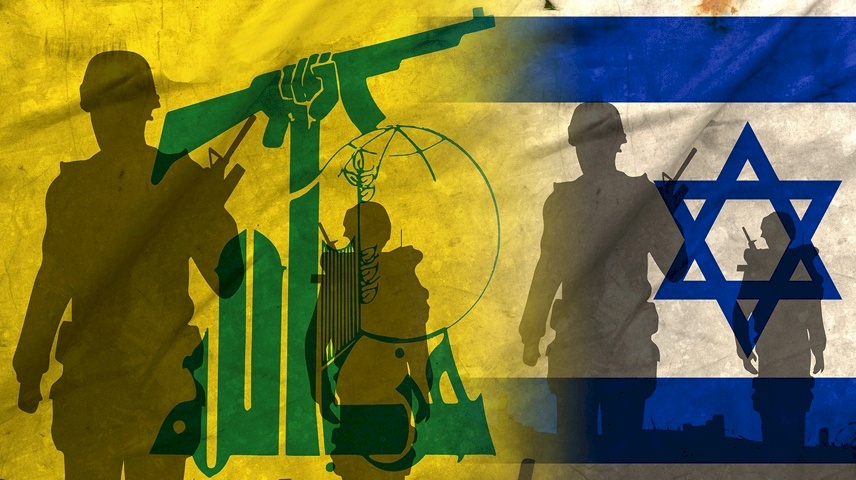
Haaretz: Israel and Hezbollah on the Brink of a New War
SadaNews: The Israeli newspaper "Haaretz" reported that the ceasefire agreement between Israel and Hezbollah, which will enter its first year in three weeks, may collapse within days. Some observers even argue that the agreement has effectively become "ink on paper".
The agreement came through American and French mediation after 14 arduous months of war between Israel and Hezbollah.
After October 7, during the first eleven months, Hezbollah succeeded in exhausting Israel, forcing it to allocate massive resources and troops to the northern front, prolonging the Gaza war and preventing a swift resolution against Hamas.
However, starting from September 2024, after Israel's "Bigger Operation" and then the assassination of senior party leaders, Hezbollah found itself in a weak defensive position.
Nonetheless, despite the heavy blows, the party managed to continue fighting for an additional two months, surprising Israel with the use of offensive drones.
In one operation, a drone launched from Lebanon reached a military base about 80 kilometers from the border, and days later, another drone struck the home of the Netanyahu family in central northern Israel.
Yet, these tactical successes did not hide the strategic weakness of the party; by the end of November, it took a step that it had long claimed it would not take: signing a separate ceasefire agreement with Israel, despite the fact that the Gaza war had not yet ended.
This step was considered a significant surrender on the part of Hezbollah, and political leaders in Israel celebrated by stating that the organization was forced to "submit in order to survive".
However, within both the military and intelligence institutions in Israel, a more complex assessment emerged, accompanied by a warning: the party would not be content with mere survival, but would seek to restore its capabilities and rebuild its military structure.
Over the past year, both sides remained engaged in a game of "cat and mouse": Hezbollah rehabilitating smuggling routes, recruiting new fighters and experts, and learning from the mistakes that allowed Israel to penetrate its communication network; while Israel attempted to prevent this through continuous bombing of targets in the south to hinder the party's efforts to rebuild its capabilities.
However, these attacks alone were not enough, nor were they supposed to be the primary tool for enforcing compliance with the agreement. According to the understandings, the Lebanese government and army, supported by Washington and Arab governments, were supposed to assume responsibility for disarming Hezbollah and pushing it north of the Litani River.
But nearly a year after the signing of the agreement, the idea that the Lebanese state would address the "Hezbollah problem" seems closer to fiction; there are no indications of Beirut's willingness to do so, and even if it wanted, it is unclear if it has the capacity to implement it.
The result is an increased likelihood that Israeli attacks in the coming weeks could escalate into a new comprehensive war, and that Hezbollah might prefer – despite its current weakness – the option of war over disarmament.
For the party still possesses thousands of rockets and drones capable of striking northern and central Israel, which means that the return of fire to the towns of northern Israel, just months after residents have returned to their homes, is a possibility that should not be underestimated.
The Trump administration and several Arab governments are engaging in diplomatic efforts to avoid this scenario, but unless there is a fundamental change in the balance of power between Hezbollah and the Lebanese state, it is difficult to envision an exit from the escalation path. While the Gaza war seems to be nearing its end, the Lebanon war finds itself back on the agenda.

30 Bombs.. A "Unique" Moment Exploited by Washington and Tel Aviv to Target the Supreme Le...

Who are the military leaders that Iran announced their deaths?

"Crossings and Borders": Al-Karama Crossing Continues Operation as Usual with Possible Cha...

Occupation continues to tighten its military measures in the West Bank governorates

How will the financial markets and stock exchanges open the first session after the strike...

Health: Martyr Succumbs to Injuries from Occupation Bullets in Dora

How Did America Clone Iran's Weapon to Strike Tehran?

